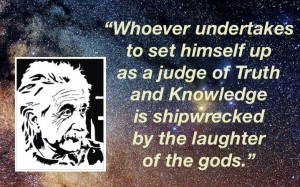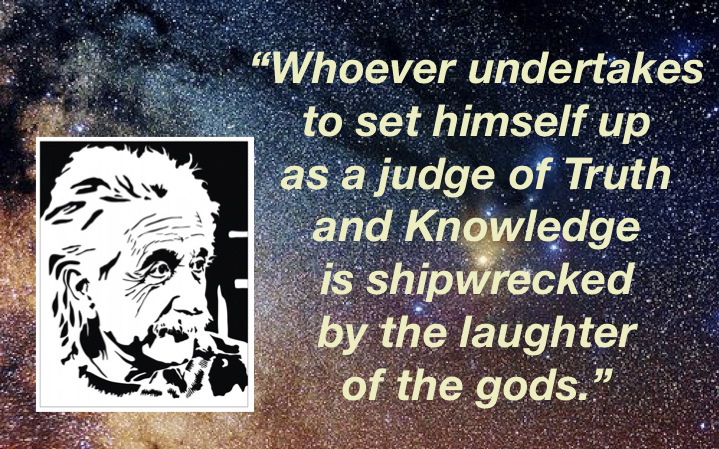This post originally appeared on the blog, Architecture for Development. When I read it, I couldn’t agree more with what David wrote, “We should aim to help each other out in a friendly manner: the target of tomorrow’s devastating critique might well be us…Let’s hold our beliefs lightly.”
Development practitioners and international “do-gooders” all insert themselves in the difficult, yet ultimately fulfilling space between the inherent complexities of engaging communities in social change. Thus, I believe any notion of impact will be achieved only through the awareness, knowledge, and skill of how to accept this, navigate it, learn from it, and work more effectively with others within this reality.
Thus “Don’t make old mistakes; let’s make new ones together!” may be the most fitting definition of “smart aid” of all.
***
I have some qualms about the very idea of “smart aid”.
It seems to imply that this is something new, whereas before what everyone else has done in the past is “dumb aid”. I think of the development of aid (the development of “development”?) as a kind of evolutionary process, in which we wouldn’t be where we are today but for the workers that came before us. You know that statement of Newton: “If I have seen a little further it is by standing on the shoulders of giants.” I think that we need to thank even the people who have made huge mistakes in the past, because its only because of them that we aren’t making them now.
The idea of making lists of what constitutes “smart aid” seems to suggest that there’s some kind of method or ideology of “doing it right” which we will eventually approach, or even arrive at. There are three reasons I believe this is self-deceiving—though I too am wont to get enthusiastic about new solutions.
Reason 1: Aid and development touches on every aspect of human life (food, gender, enterprise, finance, institutions, governance, corruption, catastrophes, rights, laws, justice, culture, the relationship between cultures… ) and almost every variety of human circumstance. If we had a “method” for aid, we’d have a “method” for living, and—pace Marx and Fukayama—such a “method” simply doesn’t exist. Life is by definition more complex than we can understand… because it it was simpler, we’d use our intelligence to complicate it until it was beyond us.
A concept I learned much from: “the fog of war.” I think we all operate in the “fog of aid”. No matter how clear our thinking and theories before we enter the fray, everything becomes much murkier in the thick of things.
The greatest obstacle to discovery is not ignorance—it is the illusion of knowledge. ~Daniel Boorstin
 Reason 2: Aid and development is multi-perspectival. Thousands of different roles and cultures and professions and political views and histories are involved, and each sees “success” and “failure” in different terms. There is no one, overarching “God’s-eye view” from which we can look down on the variety and turmoil and deem: “Yes, this is good.” And that’s the nature of society, politics, and again… life.
Reason 2: Aid and development is multi-perspectival. Thousands of different roles and cultures and professions and political views and histories are involved, and each sees “success” and “failure” in different terms. There is no one, overarching “God’s-eye view” from which we can look down on the variety and turmoil and deem: “Yes, this is good.” And that’s the nature of society, politics, and again… life.
Reason 3: This irreducible messiness is good. Let’s say that you did reduce all aid programs down to 10 principles… only they were somebody ELSE’s principle, antagonistic to your own. It would be a nightmare. It would be soviet, centrally planned development.
It’s good that there are a lot of little initiatives out there that nobody thinks are any good, but are allowed to exist (consider the early days of Apple Computer, or the American Revolution); and it’s good that no particular formula or perspective becomes elevated to the status of Development Dogma. (Remember when dams and roads and giant ag projects were the Development Dogma?)
The greater our knowledge increases, the greater our ignorance unfolds. ~JFK
In sum:
“Nobody knows anything.” These are the words of the scriptwriter William Goldman. He says that in Hollywood, people just act like they know something, because so much money is involved. It might be true for aid as well.
We’re all muddling through: in the fog of aid.
Development is irreducibly messy: because its about people.
So what else is new? There’s no method to life. I like this dictum from good ol’ Søren Kierkegaard: “Life can only be understood backwards; but it must be lived forwards.”
That being said, we shouldn’t be too harsh on what today looks dumb: it could look smart tomorrow. (I say that even though I am by nature a harsh critic, and often have to bite my tongue.)
We should aim to help each other out in a friendly manner: the target of tomorrow’s devastating critique might well be us.
We should value the vast variety of what’s out there. All things start small. Mhd Yunus, when he started out, looked no doubt like a flaky academic lending pennies to peasants. If we knew in advance what social innovation was going to succeed, we’d all be billionaires from our stock market investments. I’m not. Are you?
That said, I agree with almost all of the principles and precepts that are touted today as “smart aid”. But I’m trying to hold my beliefs lightly, in the long view that almost all of them, I’m sure, will one day be seen as very naive or even completely misguided.
The purpose of holding them lightly is not to drop them completely, but just make it more difficult to beat other people over the head with them, more difficult to hold on to them when they’re clearly not being helpful, and easier to swap for other ideas, when those new ideas appear promising.


Pingback: Tweets that mention How Matters / “Smart Aid”: A cautionary note, by David Week -- Topsy.com
This post is amazing – so insightful, and really helps me view dev work, the past, and the future of what I’m doing/attempting to do in a better light. Thank you!!
Give me a list of donor who can fund our community based organisation.